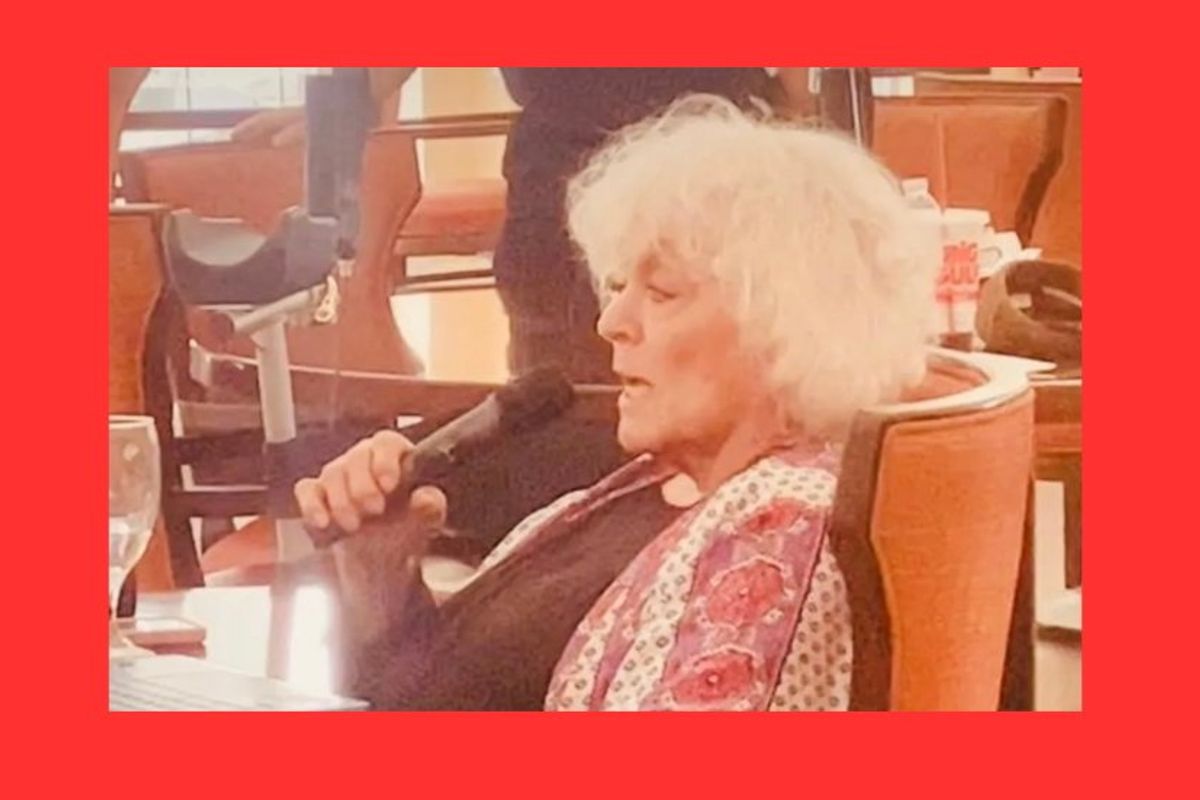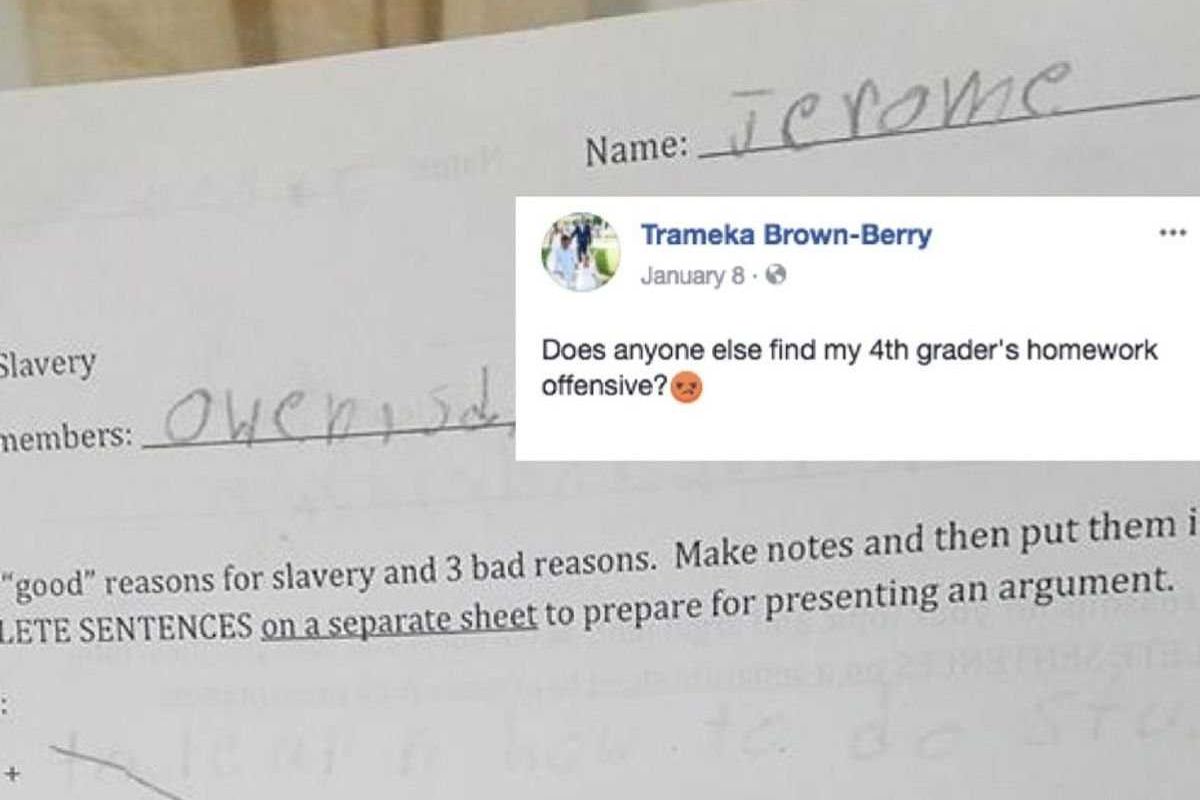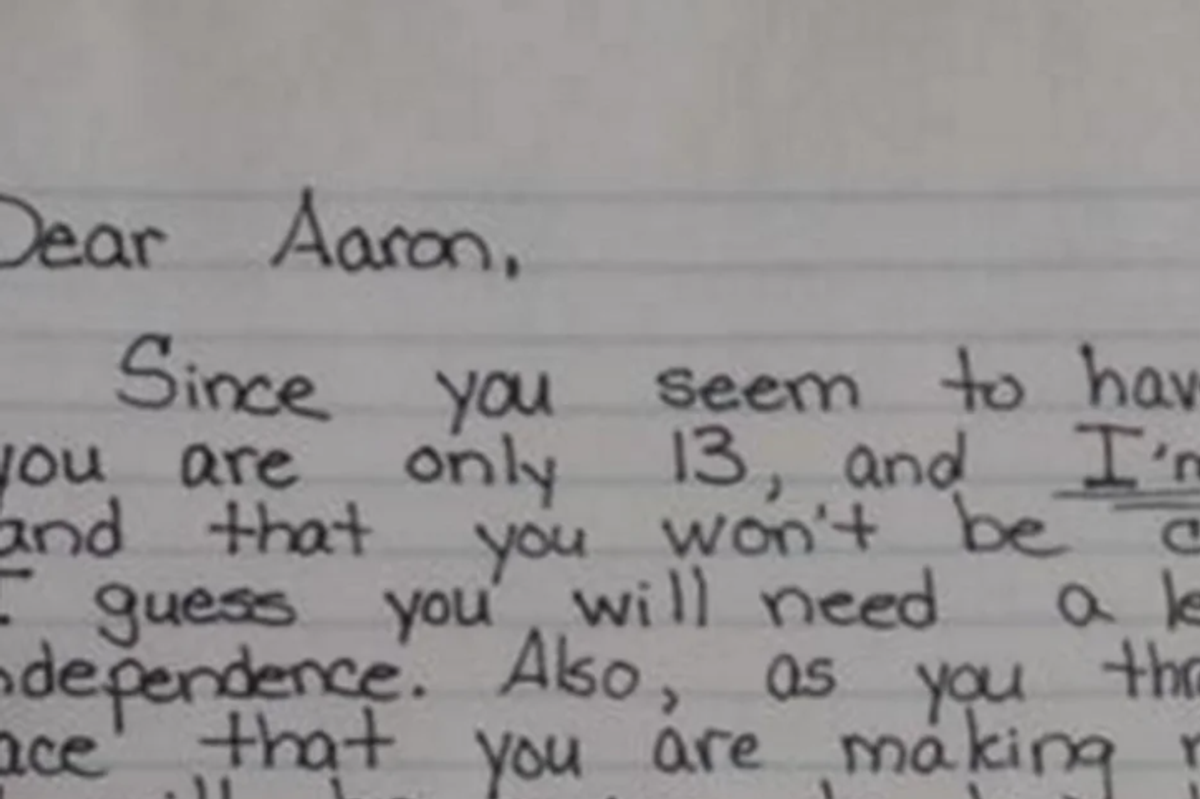The huge price one comedian paid so that George Carlin, Richard Pryor, and others could make it big.
Lenny "Bruce" Schneider blazed a trail for comedians starting in the 1950s, and our world has never been the same.
"I think some people have erroneously connected me with Lenny Bruce for one simple common denominator, and that is the use of profane language. I think everything else is quite different...Lenny and I had this language in common, and he was the first one to make language an issue, and he suffered for it. I was the first one to make language an issue and to succeed from it...Obviously, I was very influenced by his approach to comedy, as I was with Mort Sahl's, because I was in my formative stage and I was a rebel at heart and an anti-authoritarian at a time when they were succeeding by taking those positions."
— George Carlin
Before George Carlin, Richard Pryor, and others radically pushed the boundaries of comedy in our culture, there was one comedian who hurled himself against the roadblocks of conservative American society in the late-1950s and early-1960s and, ultimately, didn't survive it.
Lenny Bruce considered himself a jazz wordsmith, riffing layers of complex ideas and thoughts into word streams while onstage. His mother, a jazz musician herself, inspired him to think in those terms. He liked to speak his mind freely without censoring himself. In 1959, "Time" magazine wrote about comedians like him who tried to break down some of these barriers, calling them "sick comics." He responded:
"The kind of sickness I wish Time had written about, is that school teachers in Oklahoma get a top annual salary of $4,000, while Sammy Davis, Jr. gets $10,000 a week in Vegas."
— Lenny Bruce
He recorded some comedy albums in the late-1950s before trying his hand at onstage versions of his work. But his headlong encounter with the uptight culture of the time began in 1961, when he used the word "cocksucker" onstage, becoming the first person ever to do so. He was trying to describe why the act should not be considered a pejorative against homosexual men. He was arrested that night, harassed constantly with police presence at his gigs thereafter, and acquitted the next year of that particular charge.
In March 1964, the "New York Post" wrote, "Bruce stands up against all limitation on the flesh and spirit, and someday they are going to crush him for it."
"In the Halls of Justice, the only justice is in the halls."
— Lenny Bruce
In all, he was arrested seven more times over the next three years, twice for narcotics possession (both fabricated charges) and the rest for "obscenity." His last arrest and sentence of four months in a workhouse (for using profanity in a comedy routine) was still being appealed when he died of an accidental overdose in 1966.
But that would be much later. During his ephemeral rise and fall, he inspired other comedians of the time and served as a bit of caution to others. He was banned from several countries, clubs, and from many television shows as well. Not so much because of his routines but because people were afraid of what he might say when he "riffed" live. Also, the implied threat of arrest for club owners for letting him perform was a huge factor.
"I won't say ours was a tough school, but we had our own coroner. We used to write essays like: 'What I'm going to be if I grow up.'"
— Lenny Bruce
Ultimately, the 1960s saw a huge cultural shift in our country, and the world for that matter. Lenny Bruce was a harbinger of things yet to come.
While his final years featured some of his best work, they were just as likely to see him onstage reading from arrest records and lawsuits, which of course did not make for great comedy.
Why does it take these kinds of dramatic, sometimes violent, shifts in culture for things to change for the better? Of course, some would argue that the change was not for the better, that using profanity and vulgarity on stage or in music and films was ultimately a negative for all of us.
But I don't think so. Humans crave freedom of expression. Words are created to represent something in all of us, something that we need to get out sometimes, in whatever form those words take.
"There are never enough I Love You's."
— Lenny Bruce
Was Lenny Bruce seeking reactions? Maybe. Did he get them? Certainly. And that's one reason he belongs on the short list of the greatest standup comedians of all time. In fact, Comedy Central has that short list as 1) Richard Pryor, 2) George Carlin, and 3) Lenny Bruce.
In the about section below, you can find a few video clips of actual performances by Lenny Bruce, all of which are 10+ minutes. It's worth checking them out. Unfortunately, there aren't a lot of great videos because much of his best work was never filmed. There are, however, many audio recordings, mostly from albums.
In 1974, Dustin Hoffman delivered an Oscar-nominated performance in the movie "Lenny," just eight years after Lenny Bruce died. It's about a gig he did a few nights after he was arrested for using a word describing someone who performs fellatio. Several cops were on hand to see that he didn't do it again, but he managed to talk about the act itself without actually using the word. Watch:
When Lenny Bruce died in August 1966, all the press reported it as a heroin overdose; however, it was an accidental overdose from morphine. He was a pauper at the time, having spent every dime he had on legal defense and trying to clear his name.
Who's to say where stand-up comedy would be today if Lenny Bruce hadn't probed the edges of what was considered acceptable to talk about onstage? Possibly, somebody else would have done the same thing. In fact, George Carlin was also arrested for his famous "Seven Words You Can Never Say on Television" routine in 1972, just six years after Lenny Bruce's death. And Richard Pryor was never arrested for performing his routines, but he took full advantage of the more colorful words in the English language when he began working profanity into his act in 1967.
"Life is a four-letter word."
— Lenny Bruce
- Comedian raps and sings to nursing home residents in heartwarming videos - Upworthy ›
- People are sharing quotes from their favorite comedians. These 23 are pure gold. - Upworthy ›
- I thought I knew my pal Nikki Glaser. Then she told me her ‘humiliating’ story about Dave Matthews - Upworthy ›
- Comedian Paul F. Tompkins ends the debate over cake vs. pie with one deliciously pure insight - Upworthy ›




 Family moving into a new home.
Family moving into a new home.  Driving Road Trip GIF by Rosen Hotels & Resorts
Driving Road Trip GIF by Rosen Hotels & Resorts 
 Carole and her band mates.Carole Wade
Carole and her band mates.Carole Wade
 "
"
 Teaching teenagers about real-life consequences isn't easy. Photo by
Teaching teenagers about real-life consequences isn't easy. Photo by  Kids need to be reminded, sometimes, of how much they still depend on mom. Photo by
Kids need to be reminded, sometimes, of how much they still depend on mom. Photo by